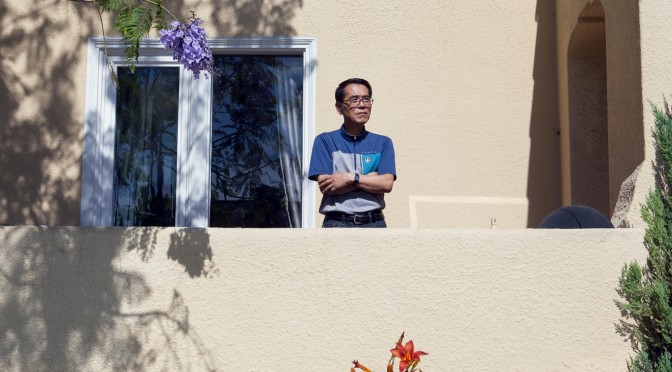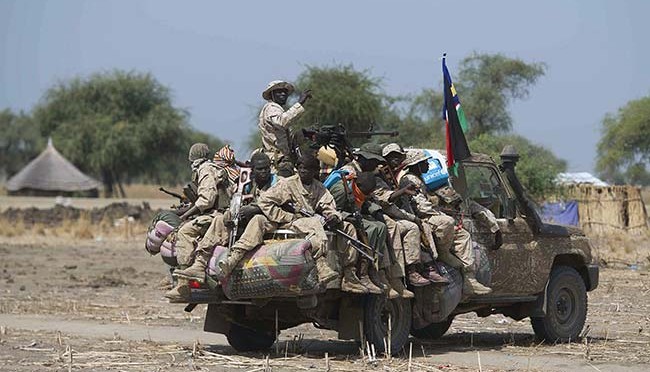At 72, Ken Roh is an upstanding citizen of Koreatown in Los Angeles. He is addressing a small group of people in the ballroom of a three-star hotel. A white banner written in Korean reads: Discussion between fellow countrymen in the U.S. on peace and unification.
The reason that about three dozen people from all over the city have congregated to see him is because Mr. Roh is a veteran reporter whose career revolved around protecting the hermit nation of the world – North Korea.
The audience listens with rapt attention as the man describes his four-month-long journey through the country and its neighbours in China. This is Ken Roh’s 69th visit to the country.
The group of Korean-American fans gather together twice or thrice a year to hear news and share ideology with the founder. Roh starts the night with an article from the Washington Post that tells the tale of two Pyongyang-born sons of a former American GI who defected to North Korea in 1962. Roh had interviewed the two men and uploaded his experience to YouTube of a news site he founded for his cause about 10 years ago, Minjok Tongshin.
The video has 20,000 views, making it his most popular video ever. He also claimed that a famous national newspaper said this was his “number one good job” during the visit. Obviously, Roh’s deep interest in the country has raised some eyebrows. While some feel he is funded by the North Korean government, Roh admits that he feels deeply for the country but is not being supported by the government. He claims that his site is largely funded by Korean-Americans, and other overseas Koreans including a small percentage form South Koreans.
His efforts have not gone unnoticed by Kim Jong Un or the North Korean government who have awarded their American fan with a Ph.D. in political science from Kim Il Sung University in 2008. In 2014, the government awarded him the prestigious Kim Il Sung Prize.
Howver, Minjok Tongshin, is not the sole organization in the United States that is sympathetic towards North Korea. 70 to 80 such groups are known to exist on U.S. soil today.




